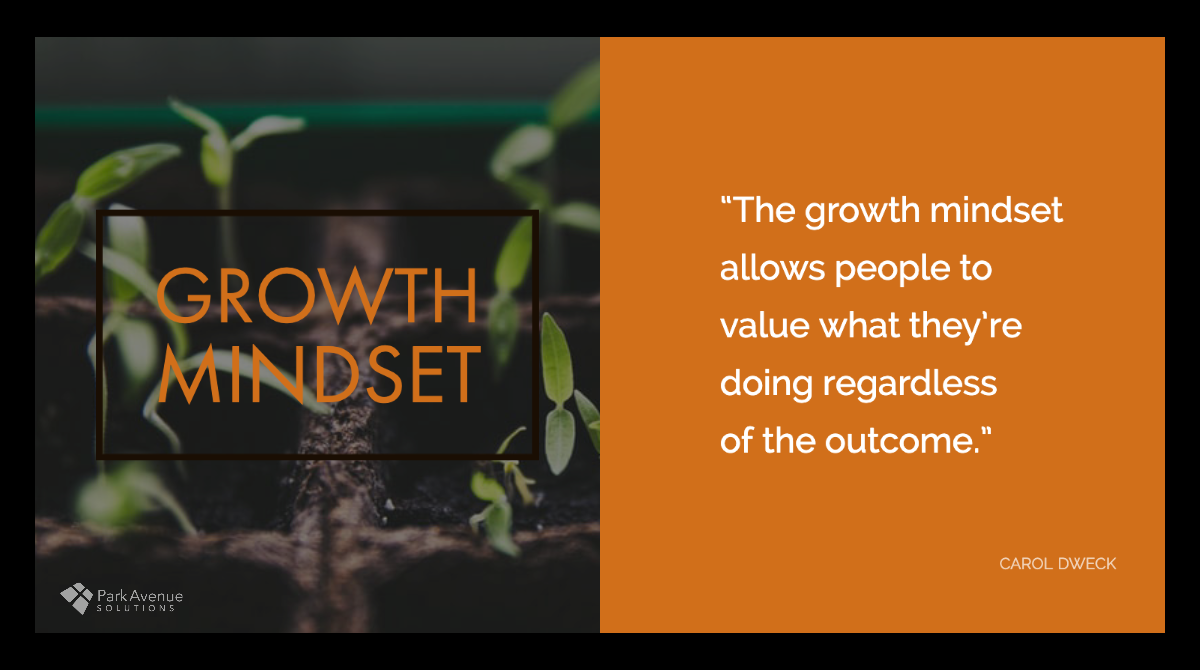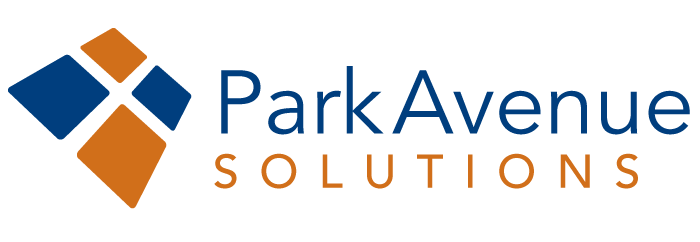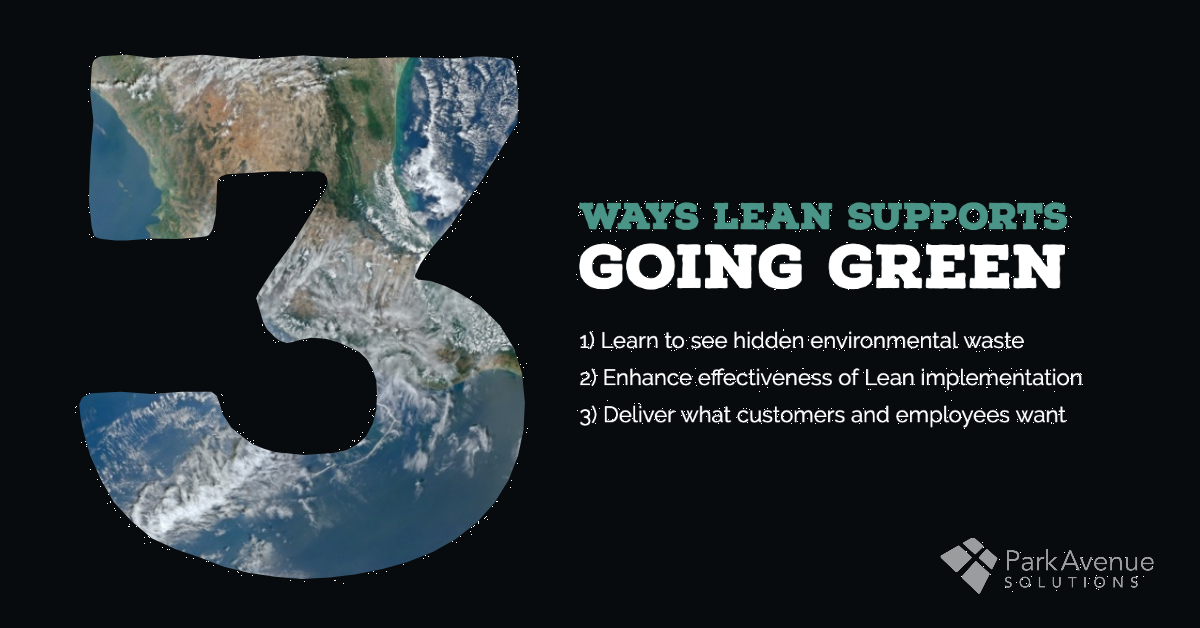I got caught with the fixed mindset. How about you?
A fixed mindset is a static state. It assumes that our intelligence, character, and creativity are inherent and unchanging. Believing in a fixed level of these attributes can seem comforting at first. I’m smart, so I’ll always be smart. I’m creative, so I’ll always be creative. Those seem like good foundations for a person to build an identity, a career, even a business.
But how does being “fixed” in my view of myself and my abilities serve me when I’m challenged or even faced with the possibility of failure?
If I’m a certain amount of smart and creative, and I’m still struggling with something, does that mean that I’m not smart enough? Creative enough? Suddenly that fixed sense of myself no longer serves me so well. Self-doubt can creep in and, with it, loss of confidence and momentum.
Being in a growth mindset instead helps us adapt to unprecedented circumstances like those we’ve been facing recently. For example, working remotely has brought with it huge challenges for many. Whether it's taking on new and different responsibilities, trying to figure out technology, or balancing conference calls with online learning for your kids, we’ve continually had to move forward, largely by trial and error.
In a fixed mindset, these challenges could be debilitating. The sudden upending of your “usual” when you are fixed in your beliefs about your abilities and skills can wreak havoc on your productivity and mental outlook. The success you’ve had in the past has always confirmed your fixed beliefs about yourself, so “failure is not an option” is at least a subtext if not a motto for many professionals. Faced with continual new challenges, you can spend enormous amounts of time simply avoiding failure, exhausting yourself and your resources, before any progress is possible.
Shifting to a growth mindset alleviates the “fear of failure” and opens us up to opportunities for change and improvement. In a growth mindset, we thrive on challenge and see failures as opportunities to learn, not as proof that we aren’t as smart as we thought we were. It’s a simple but important distinction. Either I’m as smart as I’m ever going to be and failure undermines me, or I’m able to learn and grow all the time and failure teaches me.

Shifting daily work and life to be safe during the pandemic is a great example. For many professionals it involved some combination of configuring home office, getting hardware and software working on home networks, waking and feeding and getting kids set up for e-learning, figuring out how to look like something other than a homebound zombie on Zoom, following the news but not too much, keeping the house stocked and sanitary, and, by the way, actually doing work.
In a fixed mindset, if I can’t do it all, I’m failing. In a growth mindset, though, it didn't have to be perfect. It had to be good enough to get me through that moment. Then I can go back through, look at what happened, and figure out how to make it better.
As Carol Dweck, Ph.D., author of Mindset: The New Psychology of Success, puts it, “The growth mindset allows people to value what they’re doing regardless of the outcome.”
For an engineer like myself, we call that PDCA — plan, do, check, and act. It’s a tool I learned early on in my career. It’s not an amount of intelligence I have or something else I was born with. It’s something I learned, tried, succeeded and failed in using, and have kept working with and adapting to address new challenges. I just had to remember that I’m a learner first . . . which helped me recognize that I was momentarily caught in a fixed mindset.
That awareness was the first step in making the shift to a growth mindset, where every challenge is an opportunity. Now I'm back on my game, learning and improving daily ... no matter the outcome.
What are you doing today to grow?





